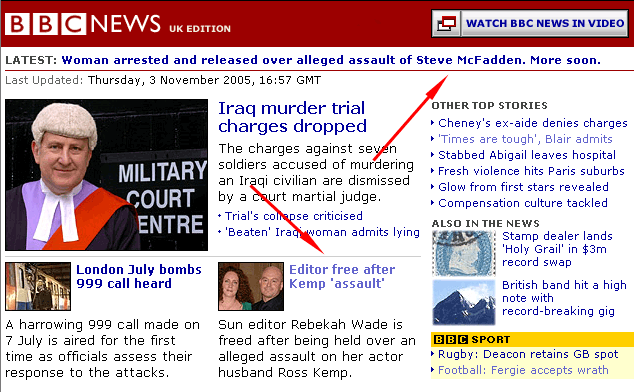Gah, Postmodernism overload….
A virtual island was bought over a year ago in the MMORPGs game Project Entropia for £13,700. Even stranger, the geezer has recently claimed that he’s made all his money back plus profit by:
selling land to build virtual homes as well as taxing other gamers to hunt or mine on the island
Aright, but it doesn’t exist! Its virtual, and run by a company that could turn off the servers any day. My worry for such ventures is probably in equal measure to my lack of understanding of this virtual world. However it does make me nervous, I mean lets face it there are a few things in this world that could do with developing, let alone the virtual. But although that’s a fairly valid point, the wheels of commerce care little for those issues if money can be made, virtual or real world.
I guess its a fairly natural progression for MMORPGs. They attempt to mimic the real world – so why shouldn’t every facet, including commerce and trade be part of it. But the trust network intrinsic in the game (which appears to be mostly about killing ones online opponents) must be immense for this to work.
Firstly the games people must be trusted with creating a fair and just world (which it probably must to ensure the gamers stay).
Secondly, that it does not constantly create islands and other such artefacts so saturating the market, thus unbalancing the online economy (although it does not profit directly from the acquisitions, a higher GDP of the game world the money and time invested is invested back into the world).
Thirdly, the users selling the artefacts to one another. Even with the use of mechanisms such as ebay (the online insurer/financial regulator?) there must be a huge risk in buying a virtual island.
Last month, another of Entropia’s virtual properties – a virtual space station – sold at auction for £57,000.
Where will this take us, poorly managed games ravaged by viruses are sent electronic aid packages from more successful online worlds. Worlds sick on power and success invading over online worlds. Virtual dictators, virtual capitalist giants, virtual philanthropists?
As our old friend Baudrillard once said
Virtuality, being itself virtual, does not really happen. One lives in the very Rousseauistic idea that there is in nature a good use for things that can and must be tried. I don’t think that it is possible to find a politics of virtuality, a code of ethics of virtuality because virtuality virtualizes politics as well: there will be no politics of virtuality, because politics has become virtual; there will be no code of ethics of virtuality, because the code of ethics has become virtual, that is, there are no more references to a value system
Indeed, but does he mean that there are no online politics in their own right as they have become virtual or that they simply mimic real politics? Whatever his exact point (which often escapes me with the big B) there probably is little point in arguing the toss over what should and shouldn’t happen in these worlds. Simply put – what will be will be.
Damn, it still bugs me though – 57000 Benjamins!
